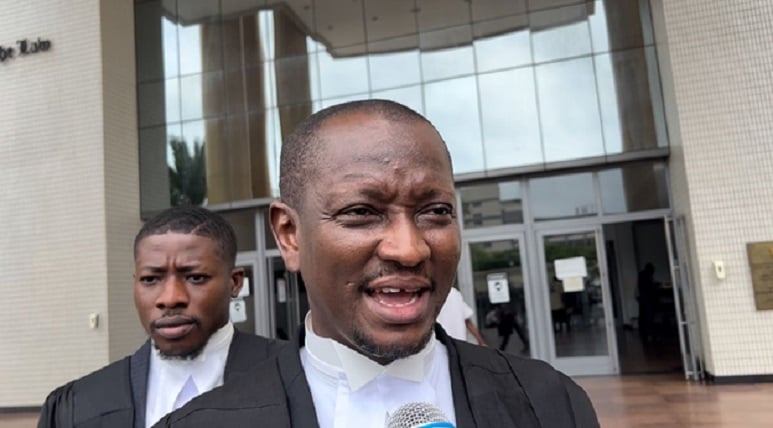The suspension of Chief Justice Gertrude Araba Esaaba Sackey Torkornoo has ignited a firestorm of controversy in Ghana, with former Deputy Attorney General Alfred Tuah Yeboah vehemently criticizing the Council of State’s recommendation that paved the way for the suspension. Yeboah characterized the advice as “very poisonous,” expressing grave concerns about its potential to undermine the independence of the judiciary and destabilize Ghana’s democracy. The suspension, ordered by President John Dramani Mahama, follows three separate petitions seeking the Chief Justice’s removal. While the Constitution mandates consultation with the Council of State, Yeboah argues that the Council’s recommendation in this case carries significant and potentially damaging consequences.
At the heart of Yeboah’s critique is the delicate balance between executive authority and judicial independence. He argues that the Council of State’s recommendation, and subsequently the President’s decision to suspend the Chief Justice, sets a dangerous precedent. While acknowledging the constitutional provision for presidential consultation with the Council of State, Yeboah emphasizes that the President is not bound by the Council’s advice. He contends that the President should exercise greater discretion in such matters, particularly when the implications for judicial independence are so profound. The fear is that this action could embolden future executives to exert undue influence over the judiciary, potentially jeopardizing its ability to function as a separate and independent branch of government.
The establishment of a five-member committee to investigate the petitions against the Chief Justice, while constitutionally mandated, does little to assuage Yeboah’s concerns. He views the entire process, from the petitions to the Council of State’s recommendation and the subsequent suspension, as a potential threat to the integrity of the judiciary. He argues that the very act of suspending the Chief Justice, even pending an inquiry, creates a perception of vulnerability within the judicial system. This perception, he fears, could erode public trust in the judiciary and undermine its authority to impartially adjudicate disputes, a cornerstone of any functioning democracy.
Yeboah’s concerns extend beyond the immediate impact on Chief Justice Torkornoo. He foresees a chilling effect on the entire judiciary, arguing that judges and magistrates may become hesitant to make unpopular decisions for fear of facing similar repercussions. This potential self-censorship, he warns, could compromise the rule of law and ultimately erode the foundations of Ghana’s democratic system. He stresses the need for a more cautious and deliberative approach in handling matters involving the judiciary, emphasizing the paramount importance of safeguarding its independence.
The controversy surrounding the Chief Justice’s suspension highlights the ongoing tension between the different branches of government and underscores the importance of clear guidelines and established protocols for handling such sensitive matters. While the Constitution provides a framework for addressing allegations of misconduct against high-ranking officials, the current situation reveals potential ambiguities and areas requiring further clarification. The case also raises questions about the role and influence of the Council of State in such proceedings.
The unfolding events surrounding Chief Justice Torkornoo’s suspension have sparked a crucial national conversation about the balance of power within Ghana’s government and the safeguards necessary to protect the independence of its judiciary. The outcome of the inquiry and the subsequent actions taken will undoubtedly have a lasting impact on the future of Ghana’s democratic institutions and the relationship between the executive, legislative, and judicial branches of government. Yeboah’s strong criticism serves as a potent reminder of the fragility of democratic institutions and the constant vigilance required to protect them from undue influence and political maneuvering.














